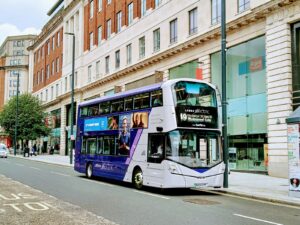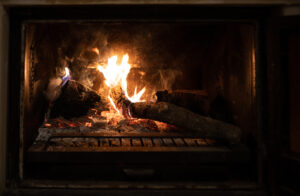Iceland’s spectacular city is taking bold measures to cull particulate matter and improve atmospheric conditions in winter.
As one of the word’s most northerly capitals, Reykjavik has a reputation for snow and ice as the colder months and nights draw in. But now local authorities are proposing new rules that prevent the use of specialist studded tyres, designed to increase road safety in wintry conditions, because of concerns about the air pollution effects of such kit.
According to one study, use of these tyres in the city must fall by 15% to have any significant impact on air quality. Although current regulations mean people are fined for using the tyres outside the cold season, there is now a proposal to introduce an outright ban, and local powers now need permission from national government to implement.
The news comes at a time when northern Europe is bracing for its coldest time of the year, with air pollution overall significantly effected by the temperature and weather for a number of reasons. These include increased use of private transport and heating, alongside the behavioural changes of certain emissions and pollutants that result from contact with colder air.
Iceland is famous for its volcanoes. Revisit our investigation into the pollution caused by eruptions, then catch up with a recent study identifying the extent to which tiny particles released into the air through volcanic activity help significantly improve climate modelling and predictions, in turn informing authorities on the most effective policies to tackle air pollution.
Image: Daniel Foster


















Leave a Reply